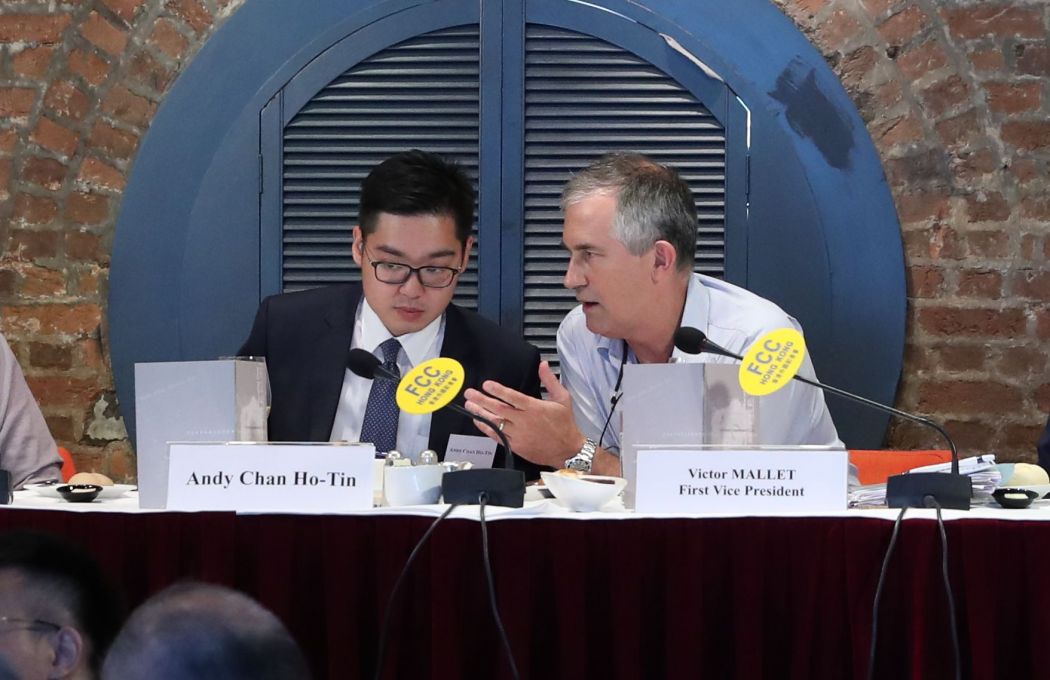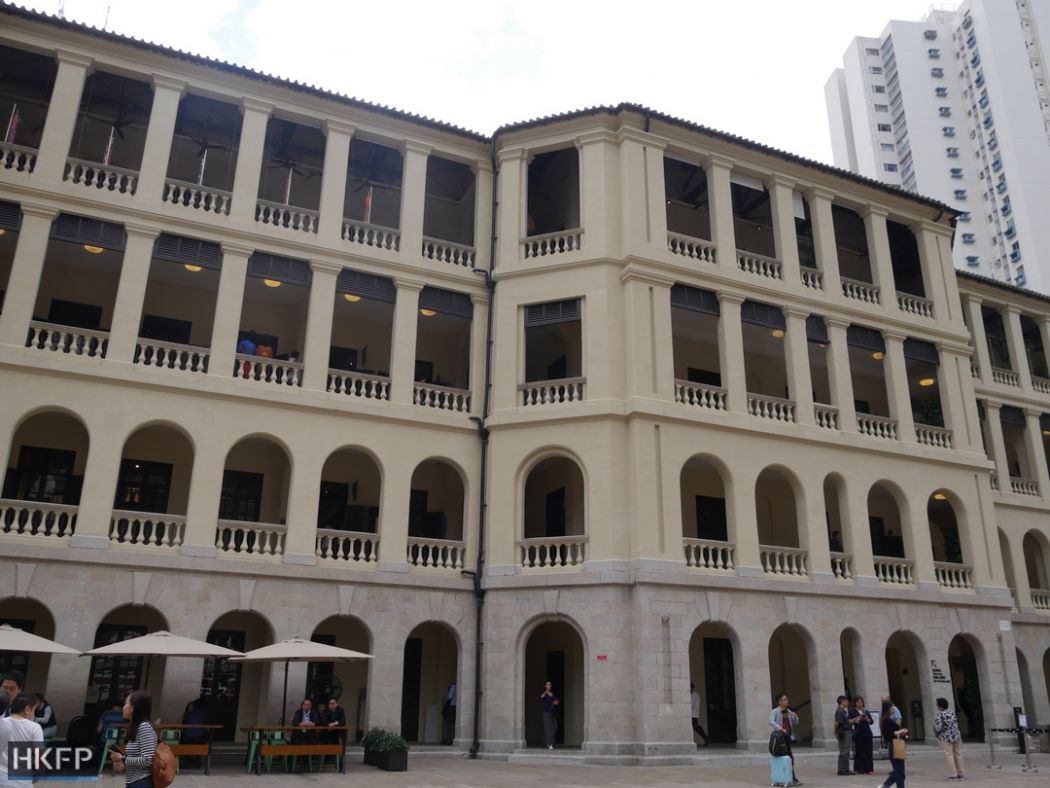This is a dark week for freedom of expression in Hong Kong.
What started as a gagging policy against the so-called independence advocates is claiming more victims, with critics of Beijing or its leadership as a new target.
On November 8, Financial Times editor Victor Mallet was denied entry to Hong Kong as a tourist after hours of interrogation by immigration officers. His work visa renewal had previously been rejected after hosting a luncheon event at the Hong Kong Foreign Correspondents Club with National Party founder Andy Chan Ho-tin.

Earlier, the Tai Kwun Center for Heritage and Arts cancelled appearances by the exiled Chinese writer Ma Jian at the Hong Kong International Literary Festival. Its spokesman said: “We do not want Tai Kwun to become a platform to promote the political interests of any individual”.
On November 3, an exhibition by Chinese artist Badiucao was cancelled due to security concerns following threats made by the Chinese authorities against the artist.
These are not isolated or individual cases. Our fears cannot be overstated.

Freedom of expression, of publication and of the press are fundamental factors in Hong Kong’s success. Over the past decades, all opinions, including those deemed “incorrect” – and including those critical of the central government – have been able to be freely expressed in Hong Kong unless they could lead to an immediate public danger, reveal state secrets or are defamatory. Likewise, those who are criticised have the right to reply, allowing the truth to become clearer through debate in an open and diverse society with a free flow of information. This is has helped Hong Kong to become internationally recognised as the world’s number one free economy.
That is no longer the case. Authorities have been expanding the no-go areas of what may be said. While the pledge of One Country Two Systems may still exist on paper and there is no legal basis for these “red lines”; a journalist, writers and a cartoonist have been unreasonably thwarted. If people can no longer speak their mind, what place is there for press freedom? If voices critical of Beijing’s policies cannot be tolerated today, who is to say when a report forecasting a devaluation of Renminbi will be disappeared?
We urge all Hong Kong residents to show concern and vigilance and call upon the central and Hong Kong governments to cherish Hong Kong’s open and diverse space for free speech, thereby protecting the special economic status that derives from it.
Hong Kong Journalists Association
Hong Kong Press Photographers Association
Independent Commentators Association
Journalism Educators for Press Freedom
Ming Pao Staff Concern Group
Next Media Trade Union
RTHK Programme Staff Union
